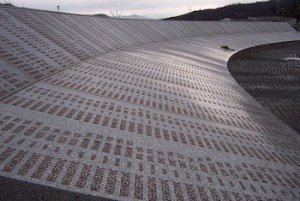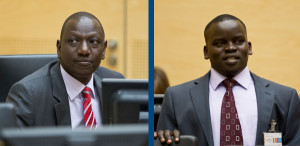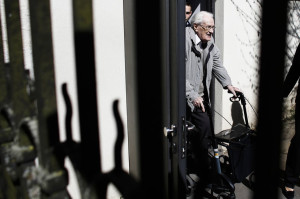 A Dutch appeals court ruled on Wednesday that three former Dutchbat commanders will not be prosecuted for their role in the massacre of Muslim men and boys in Srebrenica in 1995.
A Dutch appeals court ruled on Wednesday that three former Dutchbat commanders will not be prosecuted for their role in the massacre of Muslim men and boys in Srebrenica in 1995.
Family members of three victims had asked the Dutch court to order the prosecution of Dutch commanding officer Thom Karremans, his deputy Rob Franken and personnel officer Berend Oosterveen, accusing them of knowingly allowing or forcing three Muslim men to leave the UN peacekeepers compound, which led to their deaths.
The three former UN Dutchbat commanders led the Dutch soldiers during the fall of the Muslim enclave. About 8,000 Muslim men and boys were slaughtered and buried in mass graves in mid-July 1995 at Srebrenica by Serb forces commanded by Ratko Mladic, himself now on trial for genocide and war crimes before the Hague-based International Criminal Tribunal for the Former Yugoslavia (ICTY).
According to the court in Arnhem, prosecutors had made the right judgment in deciding last year not to prosecute the three soldiers for forcing two of the men to quit the compound after reaching terms with the Serbs. It held that there was no basis to assume that the three former commanders knew about the massacres that had taken place elsewhere (paragraph 9.3 of the ruling). Moreover, the former Dutchbat commanders had no knowledge at the time of the genocidal intent of the Bosnian Serbs (paragraph 11.1 of the ruling). Continue reading






